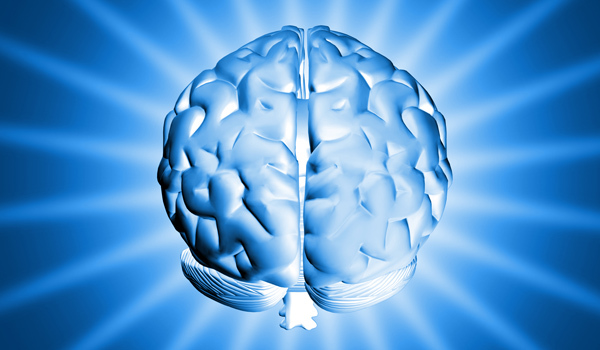Antioxidants May Not Help Prevent Stroke, Dementia

Get the world’s most fascinating discoveries delivered straight to your inbox.
You are now subscribed
Your newsletter sign-up was successful
Want to add more newsletters?

Delivered Daily
Daily Newsletter
Sign up for the latest discoveries, groundbreaking research and fascinating breakthroughs that impact you and the wider world direct to your inbox.

Once a week
Life's Little Mysteries
Feed your curiosity with an exclusive mystery every week, solved with science and delivered direct to your inbox before it's seen anywhere else.

Once a week
How It Works
Sign up to our free science & technology newsletter for your weekly fix of fascinating articles, quick quizzes, amazing images, and more

Delivered daily
Space.com Newsletter
Breaking space news, the latest updates on rocket launches, skywatching events and more!

Once a month
Watch This Space
Sign up to our monthly entertainment newsletter to keep up with all our coverage of the latest sci-fi and space movies, tv shows, games and books.

Once a week
Night Sky This Week
Discover this week's must-see night sky events, moon phases, and stunning astrophotos. Sign up for our skywatching newsletter and explore the universe with us!
Join the club
Get full access to premium articles, exclusive features and a growing list of member rewards.
Contrary to previous research, a diet rich in antioxidants may not reduce a person’s risk for stroke or dementia, a new study says.
Researchers analyzed information from more than 5,300 people ages 55 and older living in the Netherlands. Participants answered questions about how often they ate certain foods, and their responses were used to calculate the total level of antioxidants in their diets.
Fourteen years later, about 600 people had developed dementia, and 600 had suffered a stroke. People who reported diets high in antioxidants were just as likely to develop dementia or have a stroke during the study period as individuals who consumed diets that were low in antioxidants.
Interestingly, previous studies that used information from this same group of people found a link between consumption of vitamin E and a lower risk of dementia, and between consumption of vitamin C and a lower risk of stroke. Both vitamins are types of antioxidants.
While the new study looked at total antioxidant levels, regardless of the food source, it may be that the kind of food providing the antioxidants matters, said study researcher Elizabeth Devore of the Harvard Medical School in Boston.
In the current study, the difference between a diet high in antioxidants and a diet low in antioxidants was primarily linked to the amount of coffee and tea that people drank. (These beverages contain antioxidants called flavonoids.)
However, if people get most of their antioxidants from fruits, vegetables and nuts, the effect on dementia and stroke risk might be different, Devore said. For instance, a study published last year found that women who ate a lot of citrus fruits, such as oranges and grapefruits, were 19 percent less likely to have a stroke during a 14-year period compared to women who ate fewer of these fruits.
Get the world’s most fascinating discoveries delivered straight to your inbox.
It's important to note that all of these studies only looked for associations and cannot demonstrate cause-effect links.
The new study is published today (Feb. 20) in the journal Neurology.
Pass it on: The total amount of antioxidants people eat is not linked to stroke and dementia risk.
This story was provided by MyHealthNewsDaily, a sister site to LiveScience. Follow Rachael Rettner on Twitter @RachaelRettner, or MyHealthNewsDaily @MyHealth_MHND. We're also on Facebook & Google+.

Rachael is a Live Science contributor, and was a former channel editor and senior writer for Live Science between 2010 and 2022. She has a master's degree in journalism from New York University's Science, Health and Environmental Reporting Program. She also holds a B.S. in molecular biology and an M.S. in biology from the University of California, San Diego. Her work has appeared in Scienceline, The Washington Post and Scientific American.
 Live Science Plus
Live Science Plus










